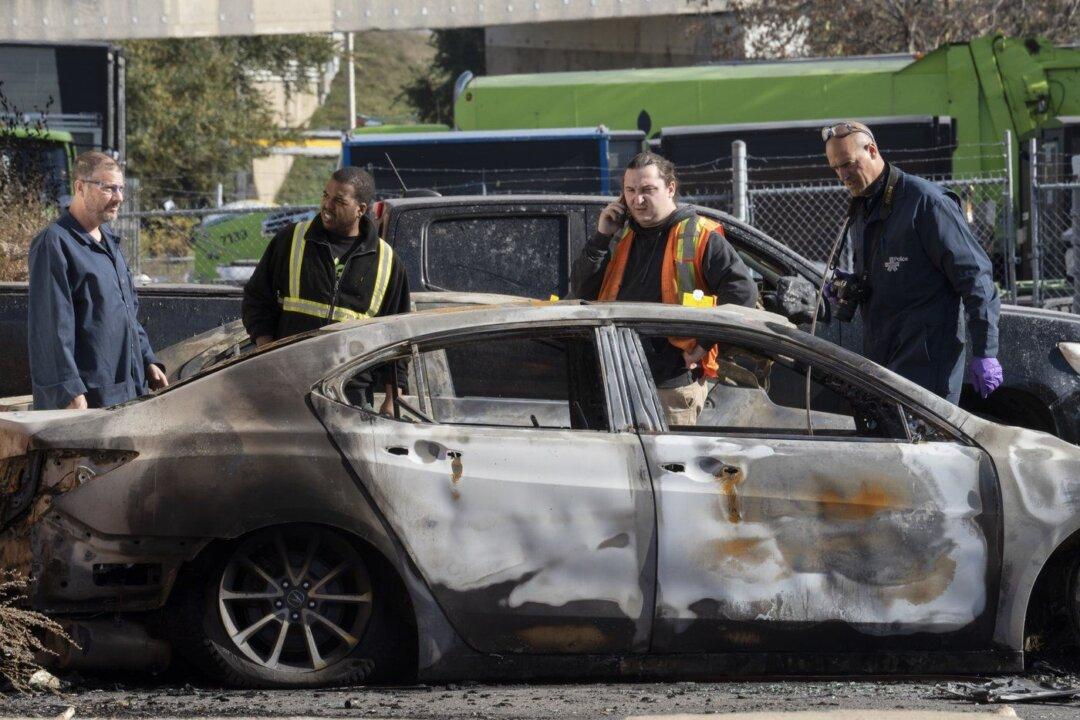The greater Montreal area has witnessed a notable increase in arsons in recent months, with restaurants, cafés and vehicles the frequent targets.
Police and other law enforcement experts say most of the fires are likely tied to extortion attempts by organized crime.





